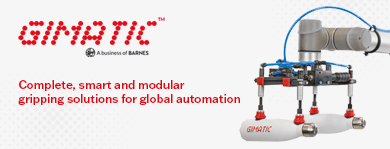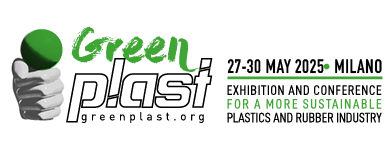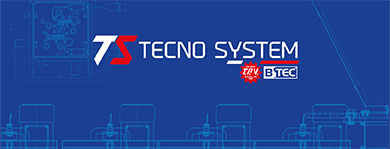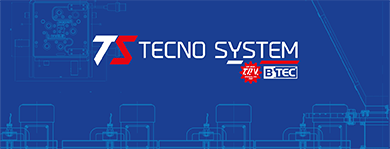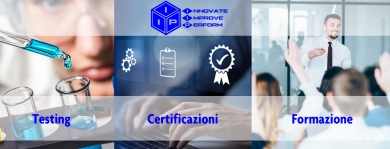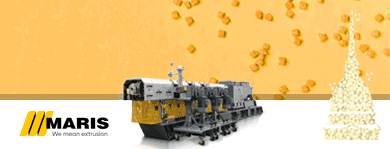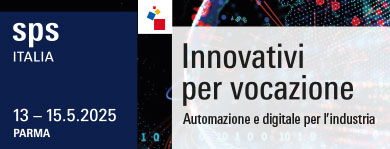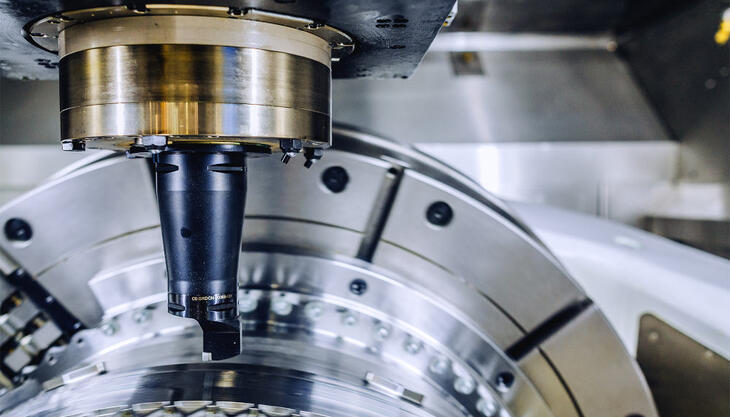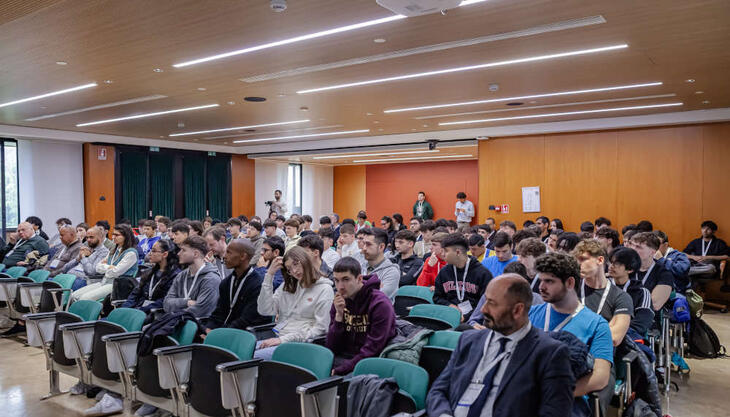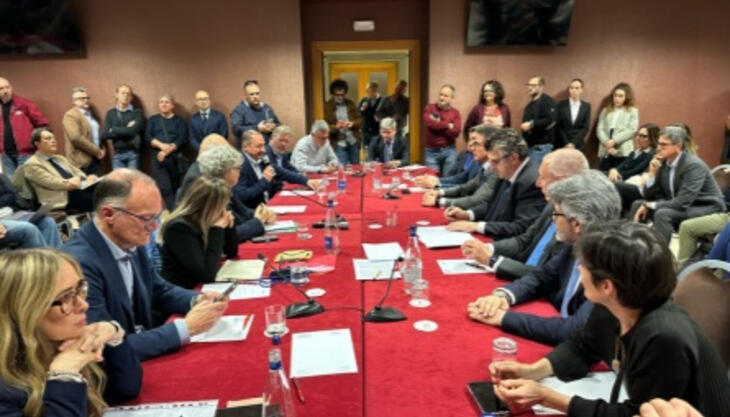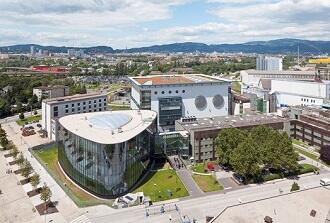
Borealis, a leading provider of innovative solutions in the fields of polyolefins and base chemicals, announces a net profit of 239 million euros for the fourth quarter of 2016, compared to 242 million euros in the same quarter of 2015. For the full year 2016 the company recorded a net profit of 1,107 million euros, compared to 988 million euros in 2015. The improved result over 2016 was driven by overall stronger margins in the polyolefins business and an improved contribution from Borouge, following the successful completion of the Borouge 3 project. The contribution from Base Chemicals was lower compared to 2015 as a result of weak demand and low prices in the fertilizer business.
In the fourth quarter, net debt reduced by 157 million euros largely driven by the solid business result. Over the full year 2016, net debt reduced by 445 million euros. As a result Borealis’ financial position further strengthened, with a gearing of 10% at year-end 2016.
Borouge, Borealis' joint venture with the Abu Dhabi National Oil Company (ADNOC) in Abu Dhabi, UAE, successfully completed its mega project “Borouge 3”. After the start-up of its cross linked polyethylene (XLPE) plant, Borouge saw the first cross-linked polyethylene compounds based on Borealis’ proprietary Borlink technology being manufactured at the Borouge 3 expansion plant in Ruwais, UAE.
Next steps for Borouge include optimising Borouge 1, 2 and 3 and building another polypropylene (PP) plant, PP5. Pending approval of the project in 2017, PP5 could be up and running by around 2020. Borouge will also focus on finding ways to create more value by stretching the oil barrel. For Borouge this means the cracking of naphtha and perhaps of other mixed feeds, and converting these to downstream products. Cracking could be done in a facility called “Borouge 4”. If the Borouge 4 project meets the approval of shareholders, it would be by far the most ambitious and challenging petrochemicals project that Borealis or ADNOC have ever undertaken.
2016: preparing for sustainable growth
In September, Borealis announced the feasibility study for a new, world-scale propane dehydrogenation (PDH) plant. The plant would be located at the existing Borealis production site in Kallo, Belgium. The final investment decision is expected to be taken in the third quarter of 2018, while the potential start-up of the plant is scheduled for the second half of 2021. The new PDH plant would have a targeted annual production capacity of 740 Kilotonnes per calendar year, making it one of the largest and most efficient facilities in the world.
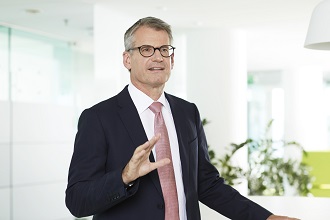 As an
industry leader, Borealis is committed to discovering and realising the
opportunities presented by the circular economy. By fully acquiring the German
plastics recycler mtm plastics and mtm compact, Borealis takes its engagement
in the circular economy to the next level. Based in Niedergebra, Germany, mtm
plastics is regarded as a technology leader in the recycling of mixed
post-consumer plastic waste and as one of Europe's largest producers of
post-consumer polyolefin recyclates. Plastic recycling provides a circular
business opportunity in a growing market within a broader sustainability agenda.
As an
industry leader, Borealis is committed to discovering and realising the
opportunities presented by the circular economy. By fully acquiring the German
plastics recycler mtm plastics and mtm compact, Borealis takes its engagement
in the circular economy to the next level. Based in Niedergebra, Germany, mtm
plastics is regarded as a technology leader in the recycling of mixed
post-consumer plastic waste and as one of Europe's largest producers of
post-consumer polyolefin recyclates. Plastic recycling provides a circular
business opportunity in a growing market within a broader sustainability agenda.
Outlook
“2016 was a very strong year for Borealis of which all our people should be proud. Whilst we do not expect to repeat the 2016 result in 2017, we still expect 2017 to be a very solid year, with Borealis remaining in the top echelon of profitable companies”, says Mark Garrett, Borealis Chief Executive.
“During 2017 we expect significant capacities to start coming on stream in North America. North America will become a significant net exporter in the coming years and it would be naïve to think that this won’t affect us; it’s simply the nature of our cyclical business. Our challenge at Borealis is to invest intelligently in a counter cyclical manner as we did in Borouge 3. 2017 will also be more challenging for Borealis due to the intensive turn-around schedule, involving five locations”.





